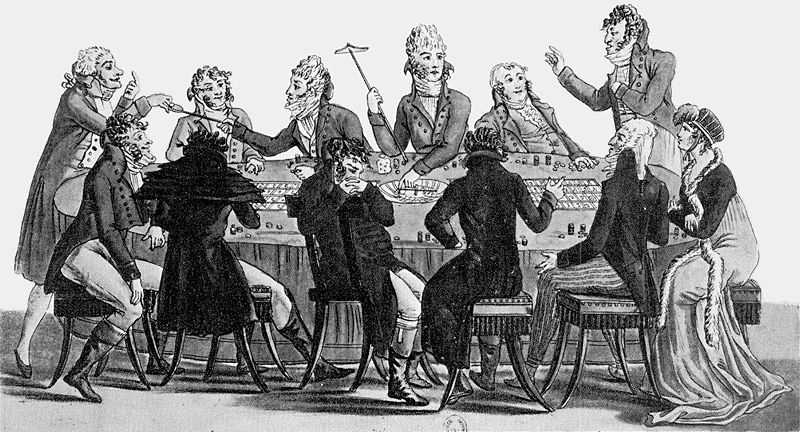 Bloomberg reports on a Delaware court ruling which opens an avenue to curb stranger-originated life insurance. Life companies now can contest the owner’s insurable interest even after the standard two year contestability period.
Bloomberg reports on a Delaware court ruling which opens an avenue to curb stranger-originated life insurance. Life companies now can contest the owner’s insurable interest even after the standard two year contestability period.
Normally, life insurance implies an insurable interest. A wife who depends on her husband’s income has an insurable interest, if he dies. Two business partners who depend upon each other to run a company have an insurable interest. Normally, insurable interest and an income to benefit ratio keeps everything in line. The whole concept is to cover a loss, not to make a profit. For example, a man makes $50k a year. His wife takes out a $500k life insurance policy, 10 times his income, and sleeps better at night knowing the her and the children will be able to replace his lost income if he dies.
But investors, strangers with no insurable interest, have also gotten involved with life insurance seeking profits. Let’s take, for example, an investors finding a 72 year old man in average health, and convince him to take out a $1 million dollar policy on his life by paying him a lump sum to transfer ownership. Age 72, male, standard non tobacco premiums on a guaranteed UL are currently $38,415 a year. Best health rates are $28,346 a year, but in the logic of this type of deal, it’s better to find someone less healthy; they don’t live as long. Investors pay the premiums and collect the $1 million when the insured dies. This is called stranger owner life insurance or SOLI for short. The practice has an unsavory history.
By the mid-18th century, purchasing policies on strangers had become a popular form of gambling. Investors often placed their money into “dead pools” insuring the lives of well-known public figures, particularly those with such problems as gout or alcoholism, or those who were likely to be challenged by political enemies and engaged in duels. Such “investors” would often offer targeted insureds lavish dinners and “a drink or two on me”–or would use other means to assure the certainty and accelerate the realization of their investment.
How much of an impact this court ruling will have depends on how broad an interpretation is for the term “stranger-originated”. Typically, the insured is initially the owner, and then assigns ownership to a stranger a short time after policy issue. Application now have specific questions about intent of the policy to be assigned, so transfers of ownership will be looked upon closely for more traditional insurable interest.
Reversing ground on stranger owner life insurance is good news. Speculating on someone’s death is bound to lead to abuses, and speculation on life insurance, where policies are issued regardless of need, runs up the cost for the legitimate consumer.

